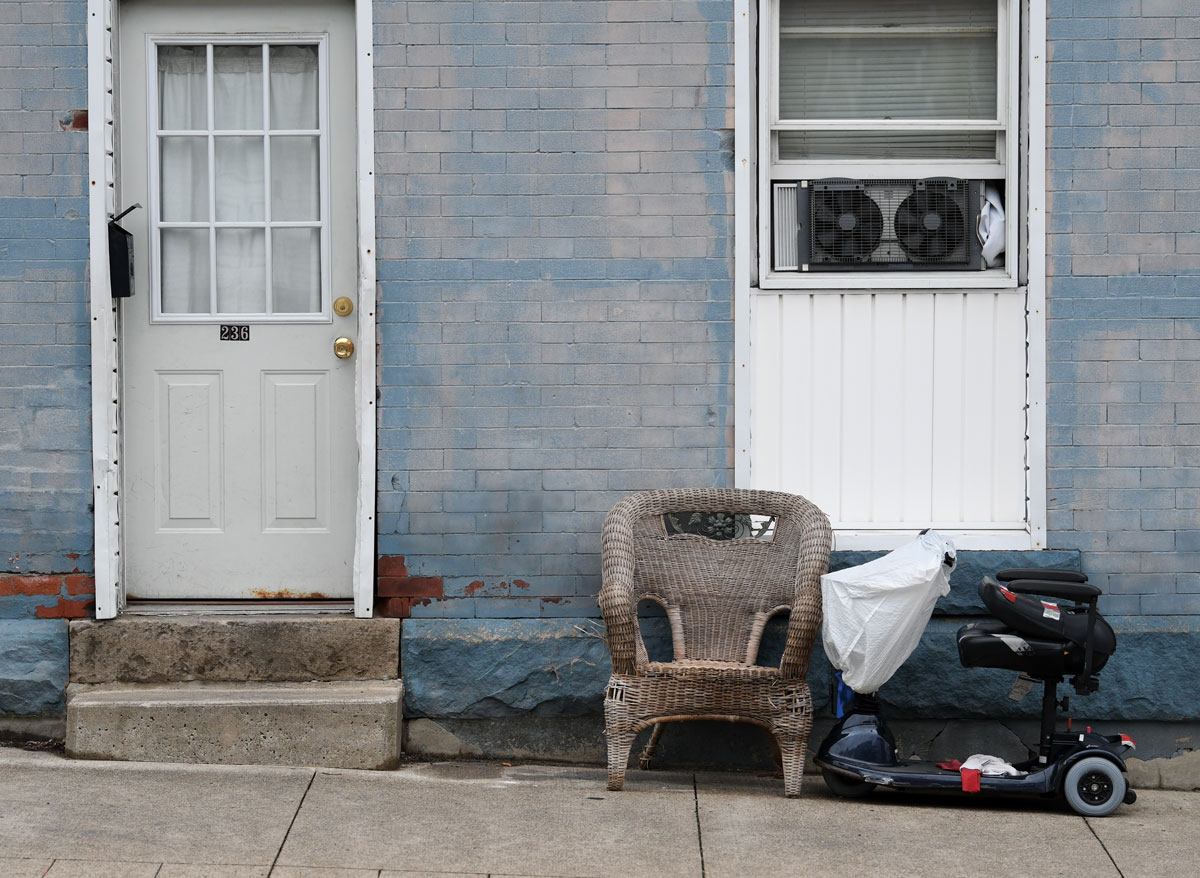In 2013 and 2014, Melissa Rock, visiting professor of geography, asked her Bucknell cultural geography students to consider how American Dreams, plural, are shaped by the places people live, the sense of personal identity they have and the power they hold (or don’t hold) in society. The assignment, she says, was prompted by the Great Recession, when millions of people who were playing by the rules and pursuing the American Dream “saw the whole façade crumble.”
Her students each picked a topic to investigate, did field work and prepared podcasts on their findings.
Mike Lansing ’16 researched the views of gay college athletes. His conclusion: “In pursuit of the American Dream, people [in] the gay community hope for equal rights, getting a job and not having to fear getting fired because of their sexual orientation. They also want to have the feeling of acceptance, wherever they go. They want to feel they belong.”
In Pennsylvania’s booming natural gas areas, Matt Sisto ’14 and Shane Kiefer ’14 found that “the Marcellus Shale industry really does play a large role in shaping the American Dreams of many people.” However, given the resulting disruptions to the environment and changes in communities, they also saw that “some of these dreams are met at the expense of destroying someone else’s dreams.”
Connor Hayes ’15 interviewed his Sicilian grandfather about how Italian immigrants went from outcasts to the American mainstream. Taryn Pontolillo ’14 focused on threats to women’s rights, especially to reproductive health care. Without addressing those threats, she said, “Women cannot truly experience the American Dream.”
Rock, now teaching at the State University of New York at New Paltz, says she taught at Bucknell during “a different time.” Obama was president, and some people thought the problem of racism was solved. “I had to explain the persistence of racism, classism, homophobia,” she says. “Now, it’s hard to deny.”
“In college, some of us are in really nice bubbles,” Rock says. The students came to see that the American Dream “is not a promise that is equally available to everyone.”
— Matt Zencey
